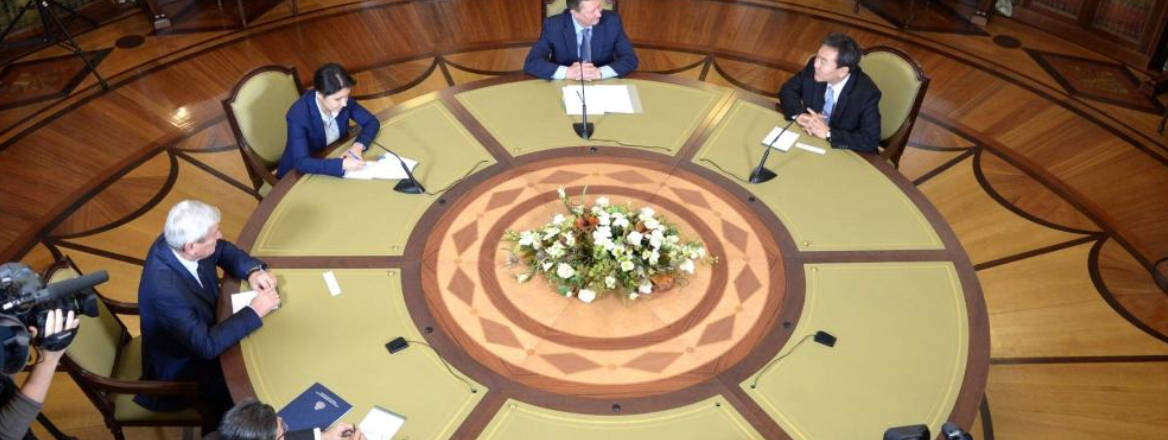Building Trust and Taking Risks in the Global Effort to Tackle Financial Crime
Counter-financial crime measures have been conservative and self-restrictive for long enough. It is time to redesign the anti-money laundering and counter-terrorist financing system to get better results.
The importance of public–private partnerships and associated information sharing in tackling financial crime and corruption is being discussed continuously. The communiqué from the September 2016 Hangzhou G20 Leaders’ Summit is the latest high-level example. Yet too often what is left are high-level words, but no action.
The benefit of public–private partnerships in the fight against financial crime is undoubted. So it is time for a new chapter to begin in which the talk is replaced by intensive efforts to develop mechanisms that enable partnerships and information sharing.
This Occasional Paper from RUSI’s Centre for Financial Crime and Security Studies (CFCS) argues that tackling financial crime needs new ideas, strong leadership, cross-sector exchanges and a coordinated international community. Counter-financial crime measures have been conservative and self-restrictive for long enough. It is time to redesign the anti-money laundering and counter-terrorist financing (AML/CTF) system to get better results.
The paper is based on findings from a May 2016 gathering of financial crime experts in New York, convened by RUSI’s CFCS and in collaboration with global law firm Sullivan & Cromwell LLP.
Specifically, the paper argues that to be effective, AML/CTF efforts require international coordination, harmonisation of national regulatory frameworks, and sharing of resources as well as knowledge. Regulators and the private sector must also work towards adopting the risk-based approach – the view that an element of risk is acceptable if it is properly managed and mitigated. A move to this approach would be significantly assisted by focusing on training, empowerment of employees and a strong reward system.
The paper also suggests that enforcement fines applied to the regulated sector should be reinvested into public investigative and monitoring skills, as well as increasing the capacity to prosecute. In addition, RegTech and financial crime awareness within technology-based financial services should be developed, while emerging technologies should be leveraged to produce sophisticated analysis. Finally, there should be a global information sharing-based response to financial crime and terrorist financing through the creation of a global strategy and implementation structure supported by the Financial Action Task Force (FATF).
ABOUT THE AUTHORS
Inês Sofia de Oliveira is a Research Fellow at RUSI within the Centre for Financial Crime and Security Studies where she leads projects on illicit financial flows and works on projects aimed at improving public–private partnerships and information sharing. Her current research includes the ‘Cartography of Compliance’, a project that identifies, describes and analyses different compliance strategies adopted by the private sector in order to comply with regulatory requirements. Inês has a PhD from the University of Edinburgh which focused on the investigation of international anti-money laundering standards.
Tom Keatinge is the Director of RUSI’s Centre for Financial Crime and Security Studies. His research focuses on matters at the intersection of finance and security, including sanctions, terrorist financing, human and wildlife trafficking, and the role that public–private partnerships play in tackling these issues. Prior to joining RUSI in 2014, Tom was an investment banker at JP Morgan for 20 years. He has a Master’s in Intelligence and International Security from King’s College London.
Alexandra Stickings is a Research Support Officer within the National Security and Resilience Studies group and the Centre for Financial Crime and Security Studies at RUSI. As well as providing research and project support, she is involved in a number of projects within financial crime, organised crime and resilience. Her research interests include cybercrime, money laundering within the gambling sector, and space policy and security.
WRITTEN BY
Tom Keatinge
Director, CFS
Centre for Finance and Security
Ali Stickings
Business Manager for Defence Space at Frazer-Nash Consultancy



